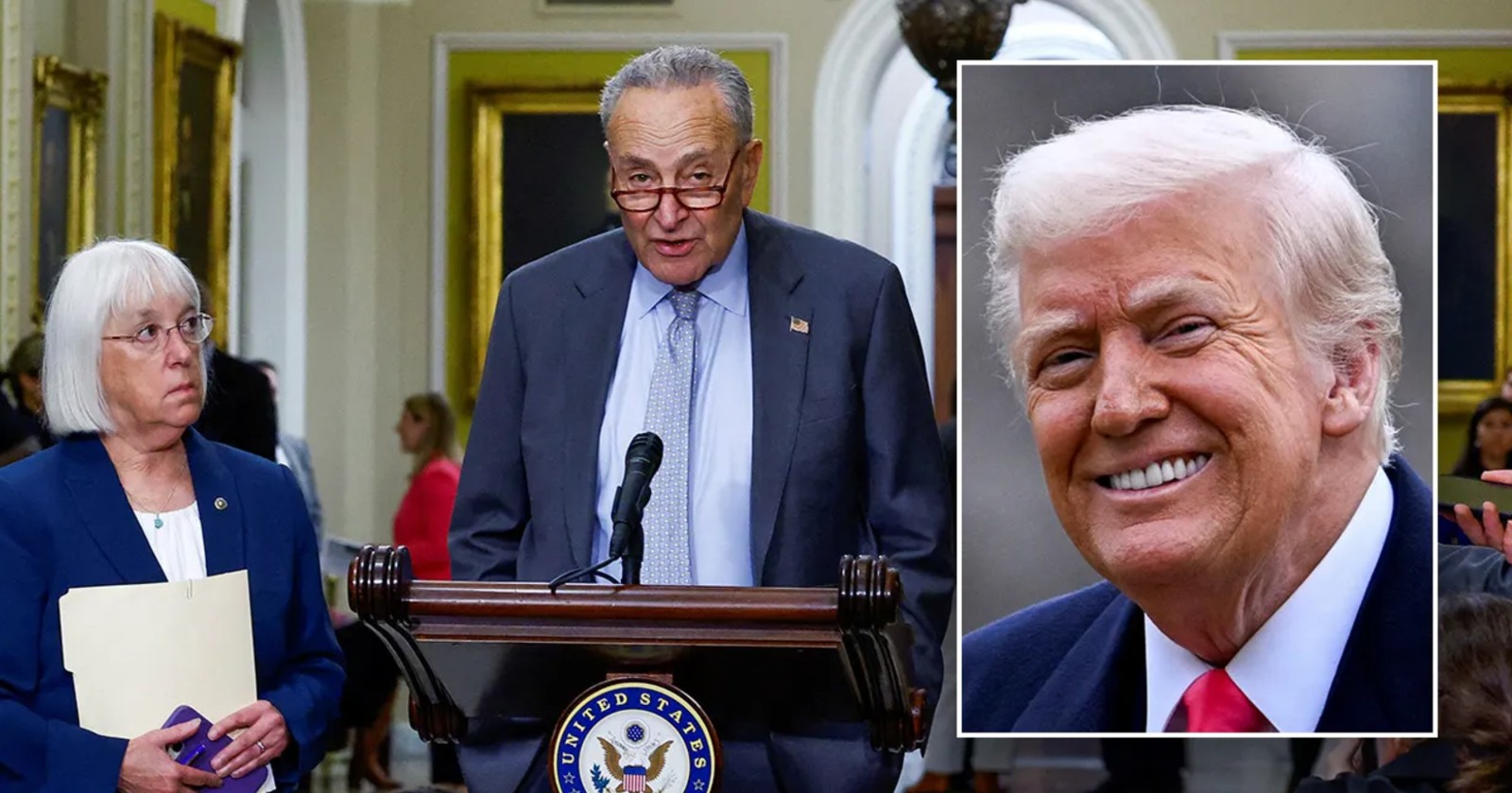California’s Legal Challenge Over Electric Vehicle Mandates: A Comprehensive Analysis of Federal vs. State Authority
The Constitutional Crisis Over Clean Transportation Policy
California’s impending legal challenge against recent Senate actions blocking electric vehicle mandates represents far more than a disagreement over automotive regulations. This developing confrontation strikes at the heart of American federalism, environmental justice, and the nation’s approach to climate change mitigation. As the Golden State prepares to defend its decades-old authority to set stricter emissions standards, the outcome will likely reshape the balance of power between federal oversight and state innovation for years to come.
Understanding California’s Unique Environmental Authority
Historical Foundation of Clean Air Leadership
California’s authority to establish more stringent emissions standards than federal requirements is rooted in a legal framework that predates the modern environmental movement. This unique position emerged from the state’s early recognition of air quality as a critical public health issue, particularly in Los Angeles, which during the late 1960s experienced some of the most severe smog conditions in the United States.
The state’s proactive approach led to the creation of the California Air Resources Board (CARB) before the Environmental Protection Agency (EPA) was even established at the federal level. This pioneering institution became the architect of groundbreaking clean air legislation that would eventually serve as a model for environmental regulations nationwide.
When Congress enacted the comprehensive Clean Air Act in 1970, lawmakers recognized California’s pre-existing regulatory framework and granted the state a unique waiver system. This legal mechanism acknowledged both California’s environmental leadership role and the urgent necessity of addressing pollution in the state’s densely populated metropolitan areas where traditional federal standards proved insufficient.
Evolution of California’s Clean Air Programs
Over the subsequent decades, this waiver authority enabled California to implement transformative environmental policies that extended far beyond basic compliance. The state pioneered cleaner fuel blend requirements, accelerated the adoption of catalytic converter technology, and established comprehensive zero-emission vehicle programs that pushed automotive manufacturers toward cleaner technologies.
The success of California’s approach created a ripple effect across the nation. Section 177 of the Clean Air Act allows other states to adopt California’s more stringent standards, creating what environmental policy experts term the “California effect.” This phenomenon has resulted in a coalition of states following California’s environmental leadership, effectively creating a large market for cleaner vehicles that influences national automotive industry standards.
The Human Impact: Environmental Justice and Public Health
Disproportionate Effects on Vulnerable Communities
The debate over electric vehicle mandates extends beyond policy discussions to encompass fundamental issues of environmental justice and public health equity. In California’s Central Valley cities such as Fresno and Bakersfield, as well as in certain neighborhoods within Los Angeles, communities of color face disproportionately high levels of vehicle pollution exposure.
These communities experience some of the nation’s highest pediatric asthma rates, with children requiring emergency medical treatment at alarming frequencies. Medical research has established clear links between long-term exposure to vehicle exhaust and increased risks of cardiovascular disease, respiratory illness, and premature mortality. These health disparities highlight how environmental policy decisions have direct, measurable impacts on vulnerable populations.
Community Voices in the Policy Debate
Environmental justice advocates have consistently championed California’s push toward cleaner transportation technologies, viewing electric vehicle mandates as essential tools for protecting public health in historically overburdened communities. For these advocates, the potential rollback of California’s waiver authority represents more than a bureaucratic setback—it constitutes a direct threat to years of progress in environmental health protection.
Maria Martinez, an environmental policy analyst working in California’s Central Valley, articulated the concerns of many community members when she stated: “This transcends automotive policy. We’re talking about children who struggle to breathe clean air and elderly residents who face emergency room visits due to pollution-related health complications. Any reversal of electric vehicle mandates feels like a deliberate assault on communities already bearing the heaviest burden of environmental degradation.”
Economic Interests and Political Influence
Fossil Fuel Industry Opposition
The Senate’s decision to block California’s electric vehicle mandate has drawn significant criticism regarding the influence of lobbying efforts by major oil and gas companies. These corporations have historically opposed state-level electric vehicle mandates, arguing that such policies distort free market mechanisms and threaten employment in traditional energy sectors.
Financial disclosure data from OpenSecrets reveals that fossil fuel industry contributions to federal political candidates exceeded $100 million during the most recent election cycle, with the vast majority of these funds directed toward Republican lawmakers. In contrast, the clean energy sector’s political contributions were substantially smaller, creating an apparent imbalance in the ability to influence legislative narratives.
Lisa Haney, a former EPA official with extensive experience in environmental policy, offered a blunt assessment of the political dynamics: “We should be honest about what drove this vote. This wasn’t a decision based on legal principles—it reflected loyalty to campaign donors who view the transition to clean energy as an existential threat to their business models.”
Technology Sector and Clean Energy Support
While fossil fuel interests have celebrated the Senate’s action, the business community’s response has been far from unanimous. California’s diverse economy includes numerous technology companies, green energy startups, and electric vehicle manufacturers that view climate policy as a catalyst for innovation rather than an economic constraint.
Major electric vehicle manufacturers with California operations, including Tesla, Rivian, and Lucid Motors, have made substantial public commitments to expanding electric vehicle production capacity. Simultaneously, technology giants such as Apple, Google, and Salesforce have actively lobbied for stronger climate action at all levels of government, viewing environmental leadership as essential to American economic competitiveness.
A joint statement issued by several prominent West Coast CEOs emphasized this perspective: “Undermining California’s capacity to lead on emissions policy represents a shortsighted approach that damages American competitiveness in the global marketplace. The transportation industry’s future is undeniably electric, and any efforts to delay this transition effectively surrender our competitive advantage to international competitors.”
Political Implications and Strategic Considerations
Potential Republican Miscalculation
Political analysts have begun questioning whether the strategic calculation behind the Senate’s decision aligns with long-term Republican interests. Polling data consistently demonstrates that a growing majority of Americans, particularly younger voters, support stronger climate action and favor allowing states the flexibility to pursue innovative environmental policies.
Even in traditionally conservative states, clean energy industries have gained significant economic traction. Texas has emerged as the national leader in wind power generation, while Georgia has developed into a major solar energy development hub. As more Republican-leaning states begin benefiting economically from green industries, pressure may mount for more moderate positions on environmental issues.
Political strategist Joanna Reynolds warned of potential electoral consequences: “If Republicans become identified as the party that obstructed electric vehicle adoption, they risk alienating key demographic groups and emerging industries. The political landscape has shifted dramatically since 2005—climate change is now a priority issue for substantial portions of the electorate.”
Legal Framework and Expected Timeline
Anticipated Legal Arguments
Legal experts anticipate that California will file its lawsuit within the coming weeks, likely targeting the U.S. Court of Appeals for the D.C. Circuit, which maintains jurisdiction over most cases involving federal regulatory agencies. Given the constitutional questions at stake, the case will almost certainly advance to the Supreme Court regardless of the initial ruling.
The legal challenge will likely center on several key constitutional and statutory arguments:
Congressional Authority Limitations: Whether Congress possesses the constitutional authority to retroactively revoke EPA waivers that have already been granted and implemented.
Congressional Review Act Scope: Whether the Congressional Review Act provides sufficient legal foundation to override environmental protections that have been formally implemented and are actively in effect.
Clean Air Act Waiver Rights: Whether California’s historic waiver authority under the Clean Air Act remains applicable and enforceable in the contemporary regulatory environment.
Timeline and Process Expectations
Legal experts consensus suggests that resolution of this case will require months, potentially extending beyond a year depending on the complexity of arguments and the Supreme Court’s schedule. During this extended period, regulatory uncertainty will persist, creating challenges for businesses, state agencies, and environmental organizations that must plan for multiple potential outcomes.
This uncertainty particularly affects automotive manufacturers who must make long-term investment decisions about electric vehicle production capacity and clean technology development without knowing whether California’s large market will maintain its current regulatory framework.
Broader Implications for American Federalism
The Future of State Innovation
This legal confrontation transcends questions about electric vehicles or emissions standards to address fundamental principles of American federalism—specifically, the appropriate balance between state innovation and federal oversight. The case will likely establish important precedents regarding states’ authority to pursue environmental policies that exceed federal minimum standards.
California’s position represents a broader principle that states should retain the authority to address local environmental challenges through innovative policy approaches, particularly when federal standards prove inadequate for addressing regional public health needs. The opposing view argues that national uniformity in environmental standards promotes economic efficiency and prevents a patchwork of conflicting regulations.
Climate Leadership in Global Context
The outcome of this legal battle will also influence America’s position in global climate leadership discussions. California’s environmental policies have often influenced international approaches to transportation emissions, and the state’s continued authority to pursue aggressive clean air policies could impact how other nations view American commitment to climate action.
As international pressure mounts for more aggressive climate policies, the resolution of this case may signal whether the United States will continue to allow state-level innovation to drive environmental progress or will instead prioritize federal uniformity over local environmental leadership.
Conclusion: A Defining Moment for Environmental Policy
California’s impending legal challenge represents a pivotal moment that extends far beyond automotive regulation to encompass fundamental questions about federalism, environmental justice, and America’s approach to climate change. The case will test whether decades of legal precedent supporting state environmental innovation can withstand political pressure from fossil fuel interests and federal lawmakers opposed to aggressive climate action.
The stakes extend to vulnerable communities facing disproportionate pollution burdens, technology companies investing in clean energy innovation, and the broader question of whether states can continue serving as laboratories for environmental policy development. As this legal battle unfolds, its resolution will likely establish precedents that influence American environmental policy for generations.
Whether California succeeds in defending its authority to pursue aggressive electric vehicle policies may ultimately determine not only the future of transportation emissions but also the broader trajectory of American federalism and climate leadership in an era of increasing environmental urgency. The outcome will send a clear signal about whether state innovation or federal uniformity will guide America’s approach to addressing the climate crisis.






